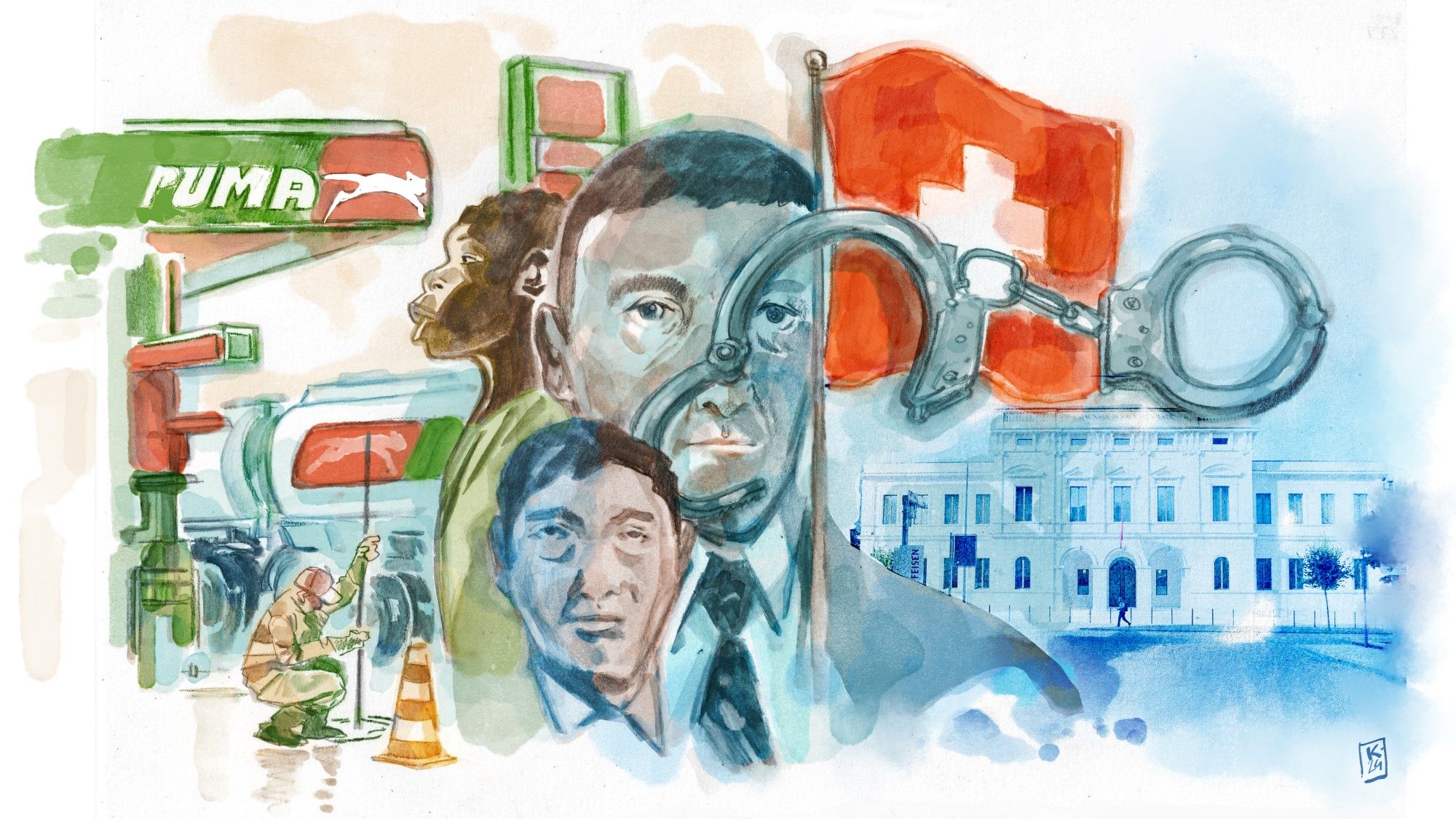Federal Criminal Court exposes code of "omertà" imposed by Trafigura
Zurich, Lausanne, December 4, 2024
 ©
Jean-Philppe Kalonji
©
Jean-Philppe Kalonji
However, seven months after the investigation was launched in Switzerland, T.P. had assets allocated to him by Trafigura. In February 2021, Puma Energy, a subsidiary of Trafigura, sold all of its shares in the Congolese company SPSA Cobil SA to Translog Sàrl, an entity owned by T.P. and his Congolese partner, according to official documents seen by Public Eye. T.P. already held shares in SPSA Cobil SA via Translog Sàrl, which operates oil terminals in Matadi on the River Congo. Thanks to his contacts with Congo Brazzaville, the Trafigura intermediary obtained crude oil, converted into fuel at a "discount price", stored in the state refineries, then sold on the other side of the river in the DRC.
Trafigura’s remuneration system is also part and parcel of this culture of silence imposed by the trading house. Especially when a former company executive, like Mariano Marcondes Ferraz, decides to dish the dirt. During his hearing on 6th June 2023, he apparently referred to his share buybacks being blocked by Michael Wainwright and the rest of the board of directors.
If a guilty verdict is delivered against Trafigura, it will be the first time in Swiss history that a company has been convicted in a trial for sanctioning the payment of bribes. However, the number of proceedings brought against commodity traders has increased in recent years, as highlighted by 20 cases analysed by Public Eye. Just as with Trafigura in Angola, these cases underscore the need to establish a supervisory authority (ROHMA) for this high-risk sector.
More information here or from:
- Adrià Budry Carbó, Commodities Expert (present in Bellinzona), +41 78 738 64 48, adria.budrycarbo@publiceye.ch
- Oliver Classen, Media Director, +41 44 277 79 06, oliver.classen@publiceye.ch

